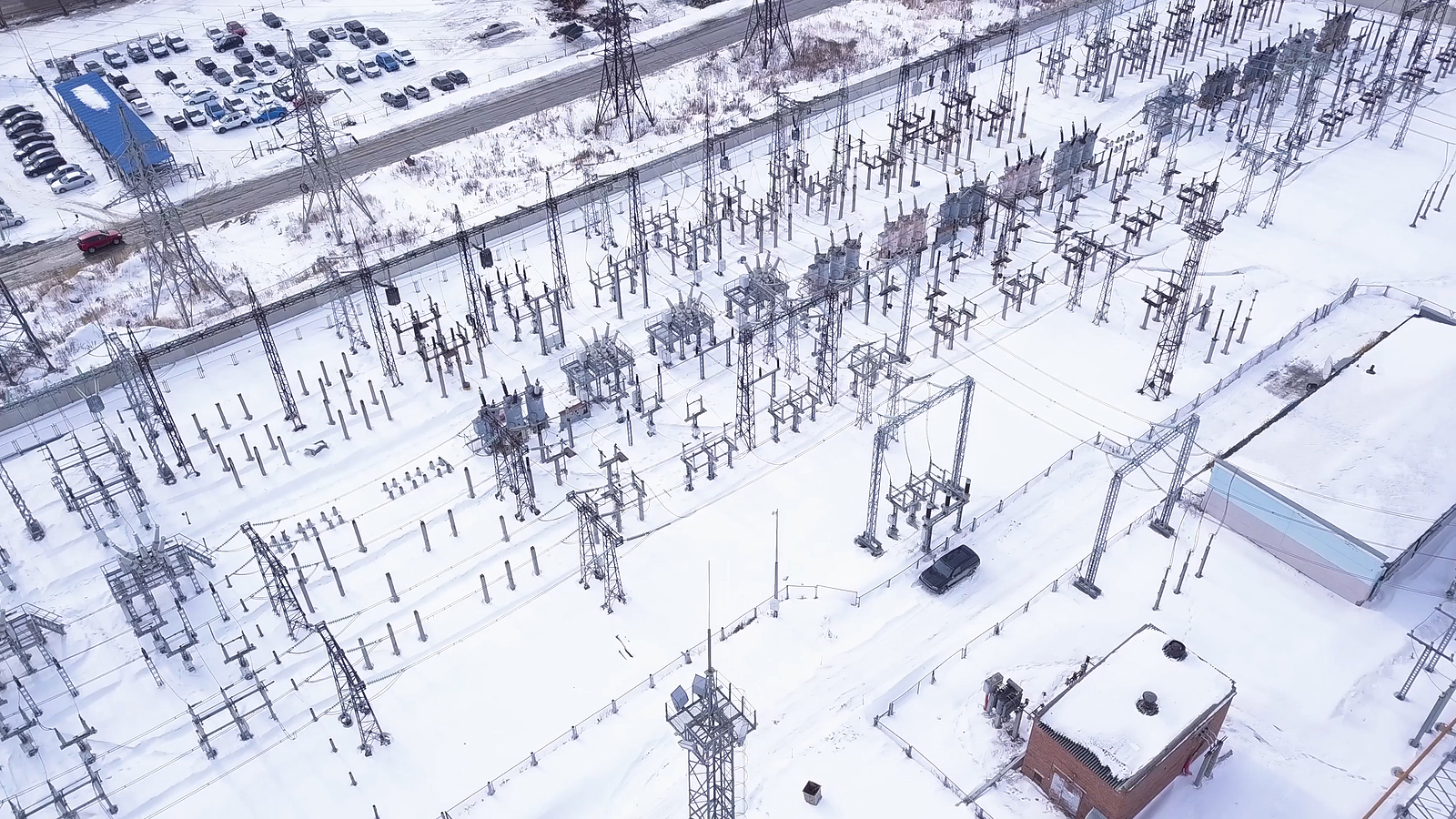Redbook Blues - Utilities

Remember “Snowmaggedon”? Snowmaggedon, are you kidding me? It is August in the Lone Star state, so it is hot. How hot is it? It is so hot, when the temperature dropped to 95 degrees, I felt chilly. Thank goodness the air conditioners are still humming.
Your residents will be reminded that Summer is still here when they get their July utility bill. Shock and awe from seeing a three-crooked-digit bill—Snowmaggedon déjà vu. Many residents are already feeling the heat of financial pressures. Their credit cards are overloaded from online purchases during the pandemic, so they ignore the June and July electric bill.
August rolls into September, and the residents burdened with consumer debt and overwhelmed with other expenses fail to pay their August electricity bill. By Labor Day, they have a huge outstanding utility balance.
Temperatures and tempers rise when residents receive utility disconnect notices. Stress turns to anger and sometimes defiance. Summer excitement becomes summer avoidance.
In the past, landlords were prohibited by state statutes from cutting off utilities for non-payment. The good news is you now can!
Thanks to efforts by TAA members and staff, the law was changed. In 2013, the Texas Legislature amended the law governing utility disconnections to allow a rental property owner to interrupt electric service to certain residents who fail to pay a sub-metered, allocated, or prorated electric bill. Landlords must provide the resident with specific notice, and, like most landlord-tenant issues, the landlord must follow statutorily defined procedures.
The TAA REDBOOK has excellent resources, including the new state statute, general counsel legal commentary, and required notices.
Just because you can disconnect a resident’s utilities, does not necessarily mean you should. Before exercising this landlord privilege, be sure to consult the REDBOOK and, if necessary, contact competent legal counsel.
Begin by reviewing Texas property code section 92.008 (interruption of utilities). Pay attention to the language following “if.” There are new landlord rights in this statute, but there are also restrictions.
This law states a landlord who sub-meters electricity or allocates or prorates non-sub-metered master metered electricity may cut-off electric service for non-payment by the tenant of an electric bill if:
- This provision is in a written lease (TAA is revising the TAA lease forms to include this stipulation);
- The tenant has not paid the electric bill on or before the 12th day after the bill was issued;
- A separate, advanced written notice of interruption is either mailed or hand-delivered to the tenant; and
- The written notice must include “Electricity Termination Notice” either underlined or in bold.
The notice must also contain:
- the date service will be interrupted;
- the amount the resident must pay to avoid cut-off;
- where the resident can pay the bill;
- a statement that the landlord will not apply utility payment to rent or other outstanding balances;
- eviction procedures; and
- residents’ rights.
This notice must be delivered no earlier than the first day after the bill is past due and no later than the fifth day before the interruption date.
While the ability to cut off utilities is helpful, there are some significant restrictions. You cannot cut-off utilities if:
- it causes the resident to become seriously ill or more seriously ill;
- if the previous day’s highest temperature does-not exceed 32 degrees the day before or the day of the interruption (not likely in summer);
- the National Weather Service issues a heat advisory on one of the two days prior to cut-off; and
- if a resident has entered a payment plan.
If a resident pays the outstanding balance or the landlord and tenant enter a payment plan, the landlord must restore electric service within two hours.
As with many landlord-tenant laws, this statute is powerful but precise. You should read and understand your rights and responsibilities under this law before disconnecting electric service.
As with all landlord-tenant issues, it is advisable to consult a qualified landlord-tenant attorney prior to action if you have questions or concerns.
No one wants to be a heat-miser, but free electricity should never be taken lightly. Now, where did I store my snow shovel?
John Gillespie, WAK Property Management, is the AATC Government Affairs Committee Chair.

